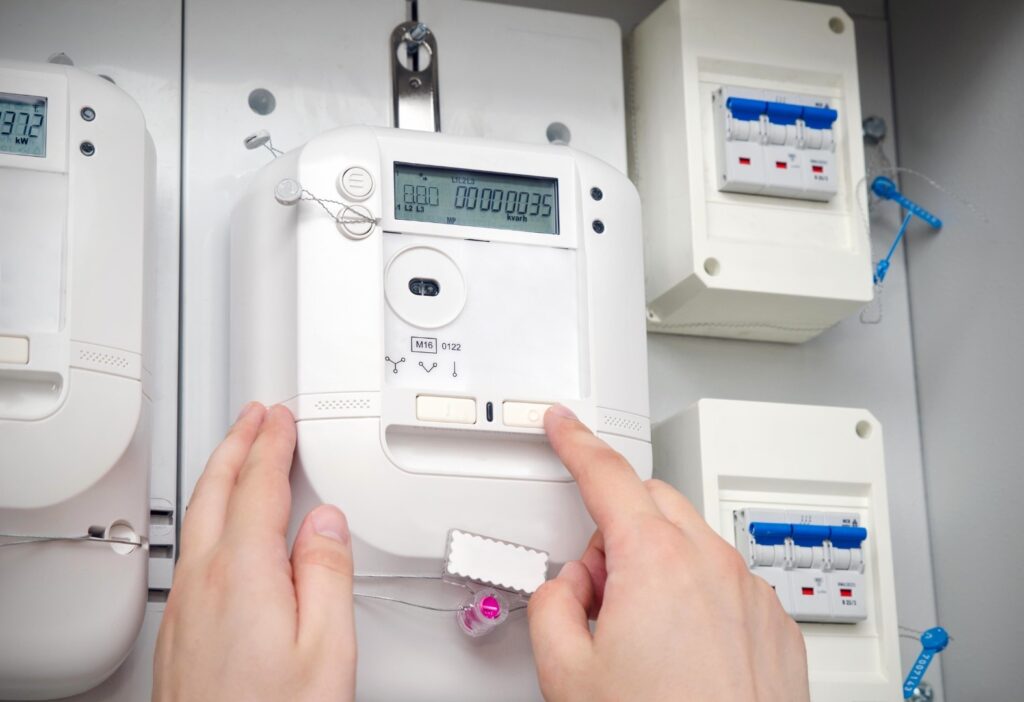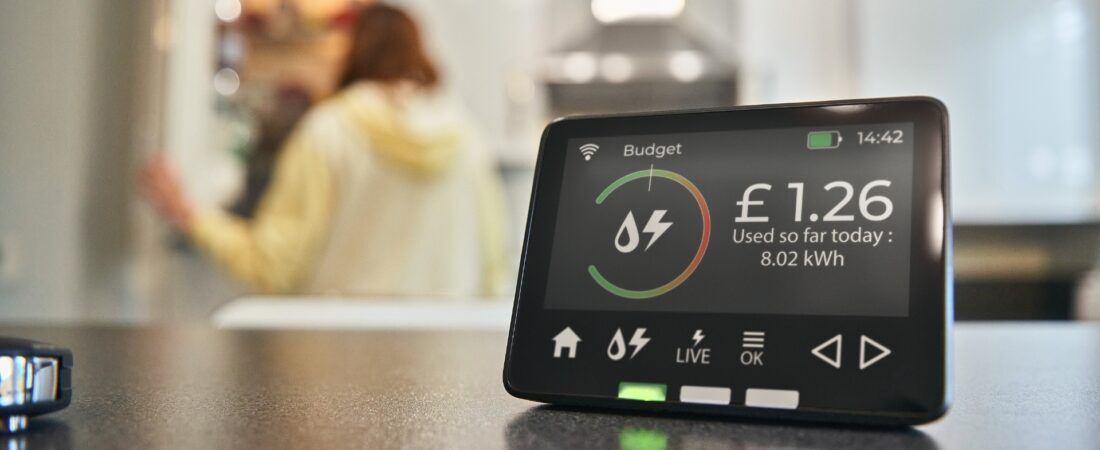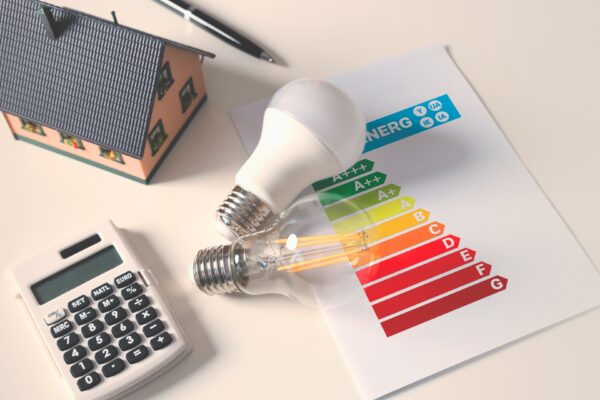Smart meters have been rolling out across the UK for a while now, with energy companies pushing their benefits – more accurate bills, no more manual meter readings, and better energy tracking.
But as a landlord, you might be wondering: Do I actually have to get one? And what if a tenant asks for one to be installed?
It’s important to know where you stand legally when it comes to smart meters in rental properties. In this guide, we’ll clear up whether they’re compulsory, who gets the final say on installations, and what impact they could have on your rental property.
- Are smart meters compulsory?
- Can tenants get a smart meter without the landlord’s permission?
- 7 frequently asked questions about smart meters
Get an accurate EPC evaluation by accredited assessors, at a time that works for you.
Book EPC NowAre smart meters compulsory?
Smart meters are digital gas and electricity meters that automatically send real-time energy usage data to suppliers, eliminating the need for manual readings.
They come with an in-home display, showing tenants exactly how much energy they’re using in real-time, making it easier to keep track of costs.
The government has been encouraging their rollout to improve energy efficiency, but they are not legally compulsory.
Energy suppliers are legally obligated to offer a free smart meter installation to every customer. This rule isn’t just a suggestion; it’s the law, but no one is forced to accept one.
The goal is to encourage the widespread adoption of smart meters across England, Scotland and Wales, giving consumers access to this technology.
Do I have to pay for a smart meter?
No, the installation of a smart meter is free. An engineer will come to your home, remove your traditional meters, and replace them with new smart meters, all at no cost to you.
Can tenants get a smart meter without the landlord’s permission?
If your tenants are responsible for paying the energy bills, they have the right to request a smart meter – and they don’t need your permission to have one installed.
That said, it’s always worth having a conversation. While you can’t stop a tenant from getting one if they’re the account holder, keeping communication open can help avoid any surprises.
If you pay the energy bills yourself (like if they’re included in the rent) you do have the right to say no to a smart meter. But there are some exceptions.

If your energy provider decides your old meter needs replacing for safety reasons, you might have to accept the upgrade, whether you want to or not.
If you’re concerned about smart meter functionality, you can ask your energy provider to switch the meter to ‘dumb mode.’ This means it will work like a traditional meter without sending usage data automatically to the supplier.
This setup enables the smart meter to operate similarly to a traditional meter without transmitting any information to your supplier.
7 frequently asked questions about smart meters
1) Do I need an internet connection to get a smart meter?
No, you don’t need Wi-Fi or an internet connection for a smart meter. Smart meters transmit readings to suppliers through a dedicated smart network.
2) Do smart meters offer a pay as you go service?
Like traditional meters, smart meters offer tenants the freedom to pick their preferred payment method for their energy bills.
Once a smart meter is installed, bill-payers can effortlessly switch between Pay As You Go (PAYG) and credit payment modes, provided they pass the necessary credit checks.
This level of flexibility lets your tenants manage their energy costs in a way that aligns with their financial situation.
Your tenants can also enjoy the convenience of topping up their energy credit using the supplier’s mobile app and other user-friendly methods.
Not only does this simplify the process, but it also minimises the risk of households running out of energy unexpectedly.
You might also be interested in…
- DIY Landlord: How to Rent Out Your Property Without an Agent
- What is Subletting and is It Illegal in the UK?
- What the New Decent Homes Standard Means for the Private Rented Sector
- Tenant Fees Act 2019: Banned Tenant Fees and Payments for Landlords
- Has the Renters Reform Bill 2024 Been Passed?
3) Do smart meters make switching energy suppliers harder?
One of the perks of smart meters is how they seem to have simplified the process of switching energy suppliers.
Thanks to advancements in technology and network infrastructure, your tenants should be able to switch providers more easily, without any interruption to energy readings or bill payments.
Giving tenants this flexibility can make your rental property more attractive, as it lets them choose what works best for them.
4) What data are smart meters collecting about my property?
The data collected by smart meters is protected by law. They solely gather information concerning your property’s gas and electricity usage and the specific energy tariff in effect.
Moreover, they don’t collect any personally identifiable information, such as the names or addresses of you or your tenants, nor do they save any financial details like bank account information.
Get your property live on OpenRent and all major property portals in less than five minutes.
Create Advert Now5) Do smart meters spy on my tenants?
No, smart meters are incapable of intruding on your tenants’ privacy any more than a traditional meter could.
It lacks the ability to ‘see’ or ‘hear’, functioning solely to measure the energy consumption of your property.
6) Can energy suppliers cut off power whenever they want?
No, they can’t. The functionality of smart meters in receiving and transmitting information to suppliers doesn’t grant them the authority to disconnect your property’s energy supply more easily.
The same strict rules that apply to traditional meters also protect you and your tenants.
7) Are smart meters a health risk?
Smart meters use radio waves or a mobile signal to send meter readings to your energy supplier, similar to how baby monitors and mobile devices work.
The UK Health Security Agency (UKHSA) states that this falls well within the accepted guidelines for wireless transmission devices and is much lower than the levels from other everyday devices, like mobile phones and Wi-Fi equipment.



